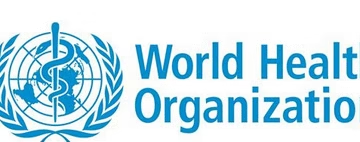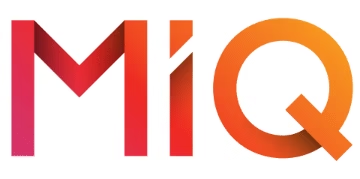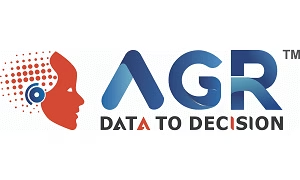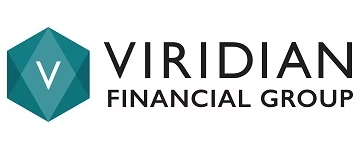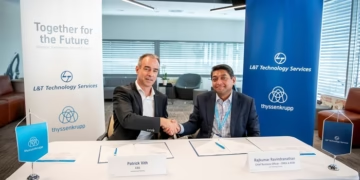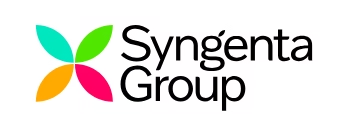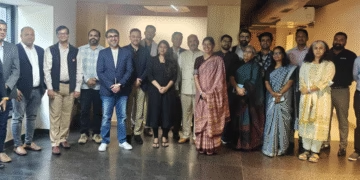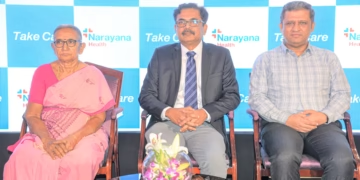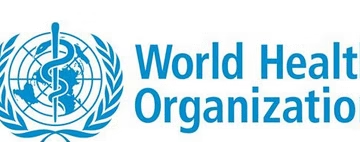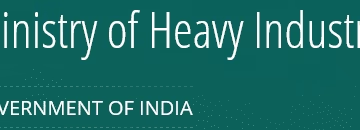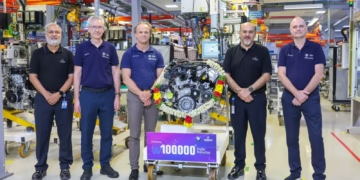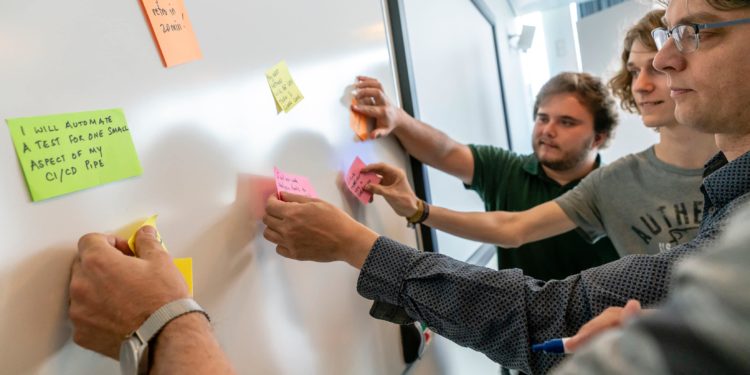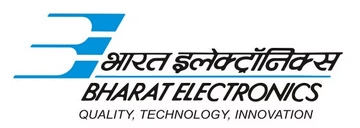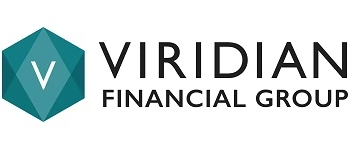Oct 16, 2018:
Amsterdam, the Netherlands – Royal Philips (NYSE: PHG; AEX: PHIA), a global leader in health technology, today announced the launch of its first global start-up collaboration program involving Philips’ innovation hubs in Cambridge (US), Eindhoven (the Netherlands), Bangalore (India) and Shanghai (China) focused on the application of artificial intelligence (AI) in healthcare. The program focuses on the application of AI-based clinical decision support tools, such as image interpretation, analysis and integration, and workflow tools, such as intelligent treatment plans for radiology, ultrasound and oncology. After careful analysis, the most promising 19 early stage start-ups out of 750 applicants were selected for inclusion in Philips’ proven incubator program for start-up companies.
Global, fast-track program
At Philips, we use intelligent technology to improve people’s health across the health continuum – from healthy living and prevention to diagnosis, treatment and home care – while also increasing the efficiency of healthcare delivery.
Alberto Prado
Head of Philips Healthworks
Adaptive intelligence
AI-based solutions have great potential to improve patient outcomes and the efficiency of care delivery, but such solutions must be based on a thorough understanding of the clinical needs and developed in close collaboration with the care providers who will use them. Philips’ vision is to use a combination of AI and other technologies with knowledge of the clinical and operational context in which they are used – a people-centered approach that it refers to as ‘adaptive intelligence’. The goal is to develop integrated solutions that adapt to the needs of healthcare providers and that are embedded into their workflows.
To support the adoption of AI in key healthcare domains, Philips has developed an AI platform for healthcare – Philips HealthSuite Insights – which delivers healthcare-specific tools and technologies to address the full process of building, maintaining, deploying and scaling AI solutions. The tools and technologies available through HealthSuite Insights already enable the machine learning and deep learning applications in Philips’ diagnostic imaging solutions, telehealth solutions, and oncology and genomics offerings.


